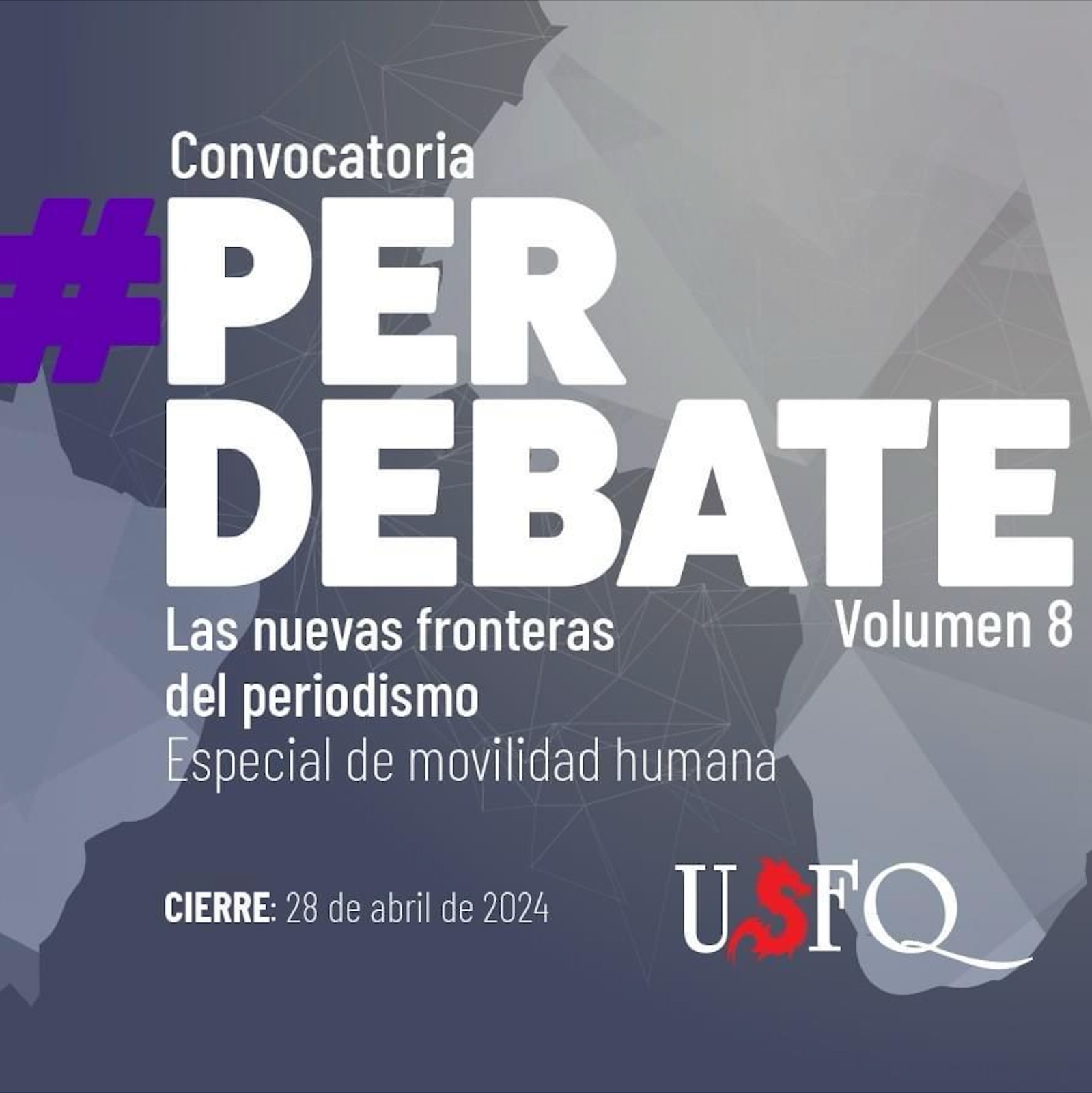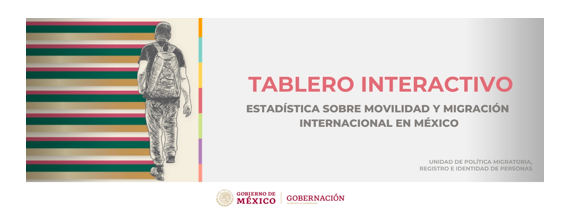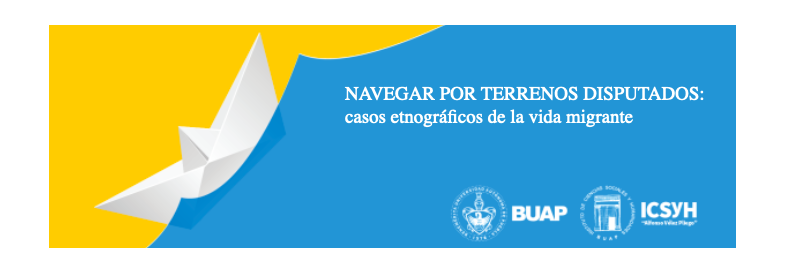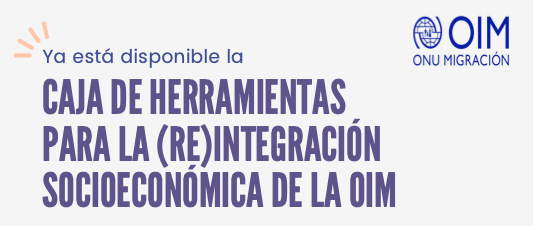Migrantólogos
I am happy to announce the exciting set of four paper sessions that the International Migration Section has planned for the 2018 meetings in Philadelphia (see below).
For submission information, please go to http://www.asanet.org/annual-meeting-2018/section-sessions
Cecilia Menjivar
|
Immigrant Occupational Niche Formations |
Social scientists and historians have long observed that immigrant groups concentrate in specific occupations. While some niches involve the self-employed others engage those employed by existing firms or government, and occupations range from infotech entrepreneurs to taxi drivers and from cardiologists to landscapers. These patterns have important consequences for economic growth, occupational mobility and financial security for both the migrant groups so involved and for the larger society. And while some of these concentration are regarded as mobility traps, others offer participants opportunities for higher wages than those employed in the broader economy and the ability to avoid discriminatory treatment from members of the larger society.
This session seeks presentations that document the existence and functioning of occupations that are dominated by specific immigrant groups in various points of settlement. Papers that develop theoretical innovations are most welcome, especially those focused on gendered patterns of group-specific control over occupations, patterns of intergroup succession in occupational domination, and the relative importance of discrimination and of group self-determination in creating patterns of group-specific occupational concentration.
Nazli Kibria (Boston University)
Esta dirección de correo electrónico está siendo protegida contra los robots de spam. Necesita tener JavaScript habilitado para poder verlo.
Steven Gold (Michigan State University)
Esta dirección de correo electrónico está siendo protegida contra los robots de spam. Necesita tener JavaScript habilitado para poder verlo.
|
Immigration, Federalism, and Integration in U.S. States and Localities |
Though the entry of immigrants into the United States is ruled by federal law, states and localities are now heavily involved in enacting legislation that shapes immigrants’ lives. This session focuses on the role of subnational governments in immigration law and immigrants’ integration in the U.S. Papers are invited that analyze why and how subnational jurisdictions legislate on immigrants and immigration, and the impact of that legislation on the ground for immigrants, organizations, law enforcement, employers, social services, politics, and the economy. We are also interested in papers that consider intersectional issues, such as race and gender, in shaping subnational governance and outcomes.
Jennifer Jones (University of Notre Dame)
Esta dirección de correo electrónico está siendo protegida contra los robots de spam. Necesita tener JavaScript habilitado para poder verlo.
Angela Garcia (University of Chicago)
Esta dirección de correo electrónico está siendo protegida contra los robots de spam. Necesita tener JavaScript habilitado para poder verlo.
|
Innovative Methods in Immigration Research |
In terms of data, migrants are often classified as a “hidden” population. Due to sparse data, information on their movement and integration within some countries is relatively unknown. For example, migration statistics, in some jurisdictions, are few. Data on immigrant integration can be even more elusive. At the same time, however, new quantitative and qualitative methods for data collection on migrant populations are being developed, including different forms of big data, new estimation techniques, and innovative ethnographic work. This session seeks to discuss some of the most innovative methods researchers are using to measure the movement of migrants globally and their integration into country populations.
Phillip Connor (Pew Research Center)
Esta dirección de correo electrónico está siendo protegida contra los robots de spam. Necesita tener JavaScript habilitado para poder verlo.
|
Social Inclusion and Exclusion and International Migration |
This session examines the relationship between social inclusion & exclusion and international migration. Inclusion and exclusion refer to the degree to which individuals and groups are included or face involuntary exclusion from a society’s political, economic, and social processes. Recent events—such as the restriction of civic and political rights for immigrants holding a range of legal statuses; the demand for human rights among the children of immigrants throughout Western Europe; and the outlawing of minarets through a national referendum in Switzerland—suggest that processes of social inclusion/exclusion and international migration may be linked. Prospects for social inclusion are encoded in policy, and the individuals subject to said policies could conform to or resist the rules and regulations imposed on them in a number of ways. We invite papers that explore the opportunities for and constraints to immigrants’ social inclusion that policies create, and that those subject to the policies internalize or contest. Authors may draw on any relevant empirical case using whatever methodology they prefer, but research that examines the structural, social, and/or cultural incorporation of immigrants—broadly defined—is essential.
Loretta Bass (University of Oklahoma)
Esta dirección de correo electrónico está siendo protegida contra los robots de spam. Necesita tener JavaScript habilitado para poder verlo.
Asad Asad (Harvard University)
Esta dirección de correo electrónico está siendo protegida contra los robots de spam. Necesita tener JavaScript habilitado para poder verlo.
|
Section on International Migration Refereed Roundtables (1 hour) |
Ali Chaudhary (Rutgers University)
Esta dirección de correo electrónico está siendo protegida contra los robots de spam. Necesita tener JavaScript habilitado para poder verlo.
Seminarios y convocatorias
Novedades Bibliográficas
Monitoreo periodístico de migración
Agradecemos al IMUMI su permiso para distribuirlo
Monitoreo del 18 y 19 de abril 2024
https://www.migrantologos.mx/es/images/pdf/Monitoreo18y19abril.pdf

Monitoreos anteriores:
https://www.migrantologos.mx/es/images/pdf/Monitoreo14febrero.pdf
https://www.migrantologos.mx/es/images/pdf/Monitoreo21febrero.pdf
https://www.migrantologos.mx/es/images/pdf/Monitoreo29febrero2024.pdf
https://www.migrantologos.mx/es/images/pdf/Monitoreo04y05marzo.pdf







